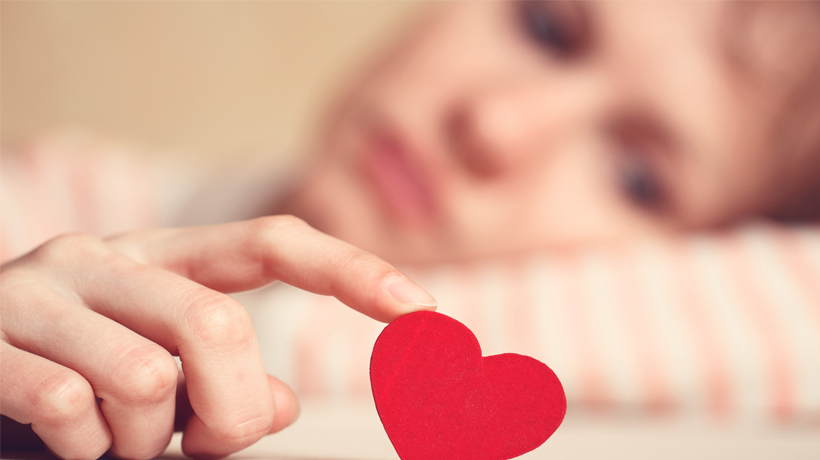The feelings you get while in love are some of the best life has to offer. They’re why people put so much time and effort into finding a relationship – to experience the high of falling head over heels for someone. Love is so powerful. It physically changes the chemistry in your brain due to a release of dopamine – a naturally occurring neurotransmitter that results in a feeling of euphoria. It’s the hormone responsible when you get a runner’s high, relax after eating some chocolate or experience an orgasm. So, of course you’d want to have that feeling as frequently as possible.
The problem comes when the desire to fall in love starts to take control over your life and results in what some psychologists call a “love addiction.” Just like those addicted to heroin or cocaine, an addiction to love comes from a craving of the dopamine rush you get from your significant other. You become addicted to the high of being with him, crave him when you’re apart and can even experience withdrawal symptoms when he’s not around.
This type of addiction can be destructive to a relationship and result in a continuously vicious cycle. You feel lonely and begin the search for a partner, meet a guy, start to fall in love and then become an overbearing, clingy girlfriend when the feelings of addiction settle in. As a result, the object of your affection may pull away and break it off, setting off another round of the cycle. The best way to break it is to acknowledge your addiction and look into methods of managing your symptoms.
According to Love Addicts Anonymous, indicators of a love addiction can include falling in love easily and too quickly, lowering standards and settling for less than you deserve when lonely, feeling powerless when in love, neglecting family or friends because of a relationship or taking on more than your share of responsibility for its survival. More dangerous behaviors of love addicts include feeling inadequate if not in a relationship, staying in abusive relationships to avoid being alone or experiencing thoughts of suicide over a break-up.
If you find yourself addicted to the feelings of love, there are some healthy ways to express them out into the world. The Huffington Post suggests taking part in random acts of kindness, such as giving aid to the homeless or reaching out to old friends. It also mentions taking these feelings of euphoria and turning them into something beautiful through creation, whether it be writing, painting or gardening. Channel the strong feelings you have into a healthy form of self-expression. However, if your symptoms are of the more serious variety, please contact The Samaritans hotline at (212) 673-3000 for 24/7, confidential emotional support.



